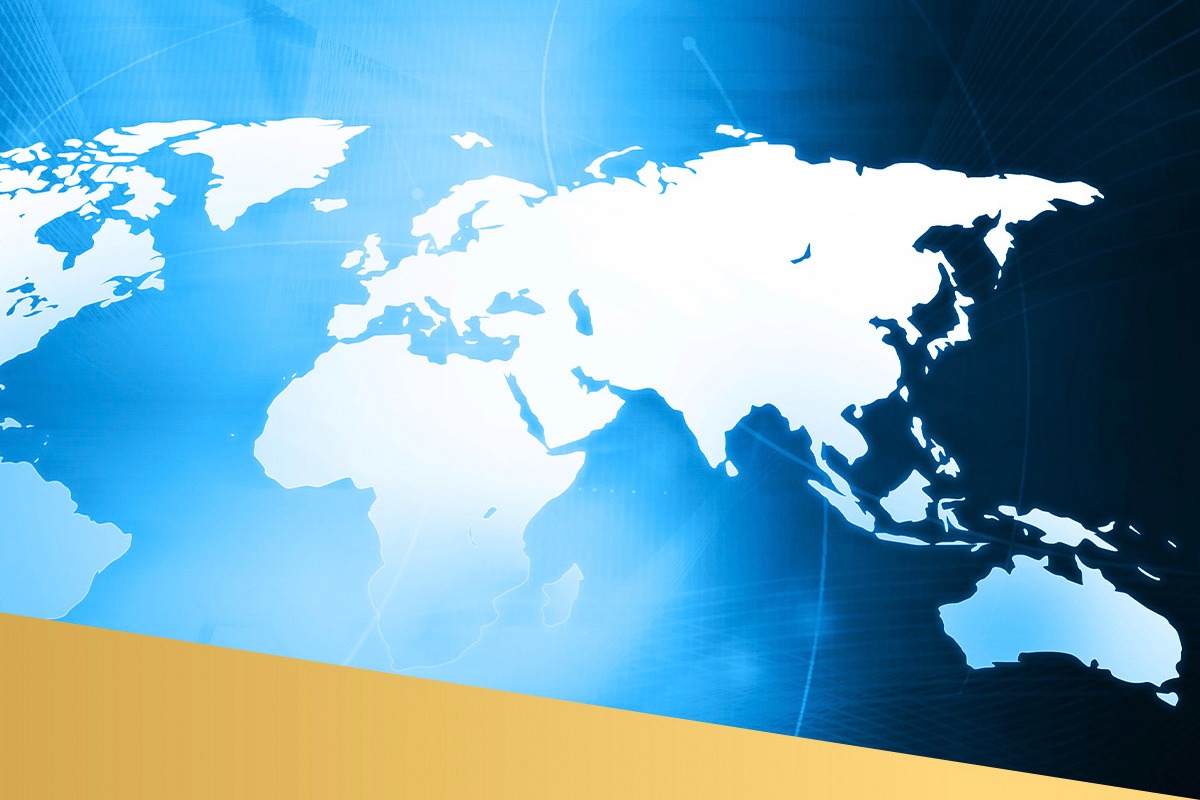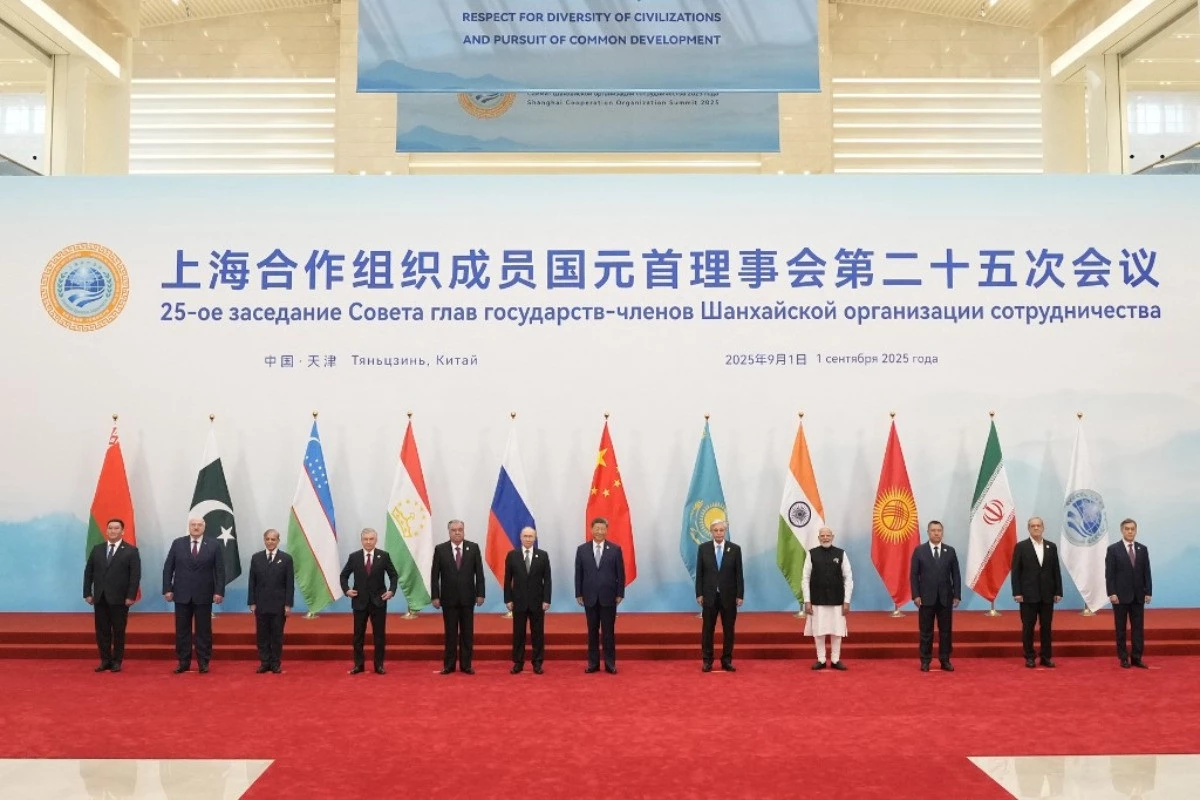Levente Horváth, Ph.D.,
Director of the Eurasia Center,
Editor-in-Chief of Eurasia
This year's BRICS summit took place in South Africa between 22-24 August, bringing together the leaders of Brazil, Russia, India, China and this year's host, South Africa. The BRIC, founded in 2009 (and BRICS since 2011), reached a major milestone with the decision to add six new members – Argentina, Egypt, Ethiopia, Iran, Saudi Arabia and the United Arab Emirates – but also announced that more than 40 countries have already applied for or expressed interest in membership. But why is there suddenly so much interest in BRICS, and what does BRICS have to offer?
In 2001, when the term BRIC was first used in a study by Goldman Sachs, the four countries accounted for "only" 8 per cent of world GDP. In 2011, when South Africa joined and BRICS was formed, they accounted for 19.6 per cent of world GDP.


